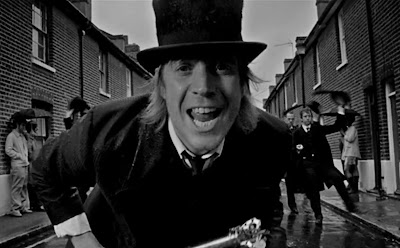Cupid's insane sister, Himera, has trapped him in a pocket dimension, and she has taken over as the Spirit of Love. She wants to move up from mere minor entity to full-fledged god, and she is appearing to characters with Charisma scores of 16 or better, and Wisdom scores of 12 or better, with an offer: "Promise to be loving and kind to those who deserve kindness. Promise to defend and protect romantic lovers wherever you find them. Promise these things, and I will give you power and make you a Soldier in my Army of Love."
When a character agrees to be a Soldier in the Army of Love, a silver chain with a heart-shaped ruby pendant appears around his or her neck. The necklace cannot be removed, and, although it does not radiate magic, it is a powerful artifact that grants its wearer the following abilities:
* +5 bonus to hit with all bows, all bows and missiles they fire are treated as if they are enchanted weapons
* Use charm person as a spell-like ability a number of times per day equal to the character's Charisma bonus. The character's total levels is the caster level.
* If the amulet is flipped around so it hangs down between the character's shoulder blades, if the character utters the command word "It's the Power of Love", a pair of ghostly wings appear on his or her back that function as a feather fall spell cast at 20th level. The spell effect is limited to the character, although he or she can share the effect with one other creature (up to Medium-size) if it is embraced tightly.
Himera will continue to appear to the character from time to time, sometimes offering helpful hints in solving whatever problems the character and his or her allies are currently facing, and other times she will ask that assistance be provided to star-crossed lovers under dire threat.
When the character next gains a level, Himera appears to him or her and demands that the character become a Priest/Cleric/Mystic (or whatever class casts divine magic in your campaign). If the character refuses, he or she, and close friends, allies, and others he or she cares about, are transported to the pocket dimension where Cupid is imprisoned. They must then help the actual Spirit of Love escape from captivity and put his sister back where she belongs.
Even if the character chooses to become a priest of Himera, at some point he or she is bound to do something that offends the capricious entity and will find him- or herself banished with all their friends and loved ones to Cupid's prison.




































.jpg)
